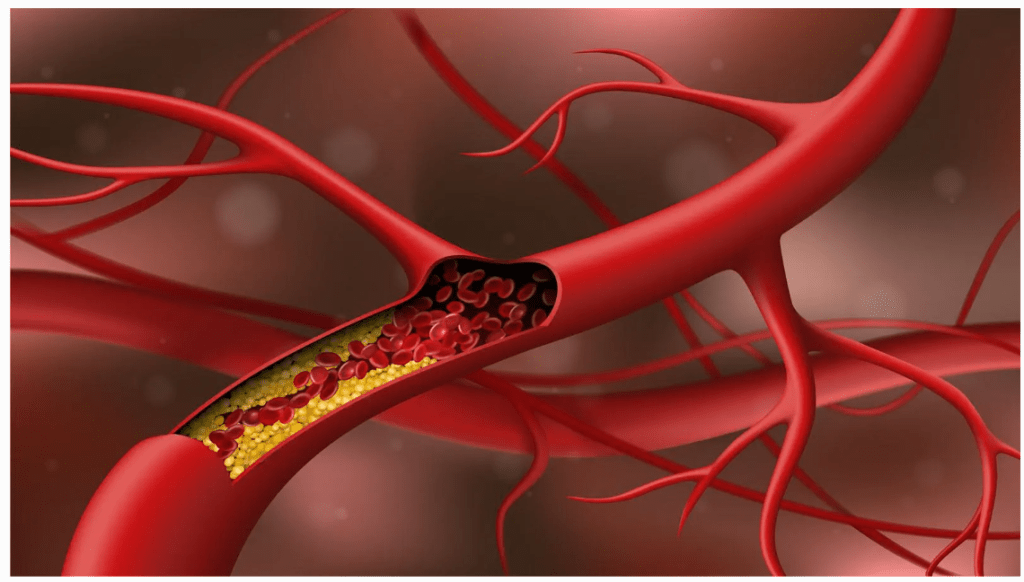"Decoding Cholesterol: 20 Essential Insights for Heart Health"
Cholesterol, often shrouded in misconceptions, plays a crucial role in our overall health, particularly in relation to heart health. 20 key things you should know about cholesterol to empower you with knowledge and foster a heart-healthy lifestyle.
- Cholesterol Basics: Cholesterol is a fatty substance essential for building cell membranes and producing hormones. It exists in two main types: LDL (low-density lipoprotein) and HDL (high-density lipoprotein).
- LDL vs. HDL: LDL, often termed "bad" cholesterol, carries cholesterol to cells, while HDL, the "good" cholesterol, transports excess cholesterol back to the liver for disposal.
- Balancing Act: Maintaining a balance between LDL and HDL is crucial for heart health. High levels of LDL can contribute to plaque buildup in arteries, leading to atherosclerosis.
- Diet Matters: Dietary choices significantly impact cholesterol levels. Foods high in saturated and trans fats can elevate LDL, while a diet rich in fruits, vegetables, and whole grains can support heart health.
- Physical Activity's Role: Regular exercise has a positive impact on cholesterol levels. It can raise HDL and lower LDL, contributing to overall cardiovascular health.
- Genetic Factors: Genetics can influence cholesterol levels. Some individuals may have a genetic predisposition to high cholesterol, requiring additional lifestyle modifications or medications.
- Cholesterol Testing: Blood tests, specifically a lipid panel, measure cholesterol levels. It's a crucial tool for assessing heart health and determining potential risks.
- Desirable Levels: Desirable total cholesterol levels are typically below 200 mg/dL. However, the ratio of LDL to HDL and individual health factors are also considered.
- Understanding Triglycerides: Triglycerides, another type of fat in the blood, are often measured alongside cholesterol. Elevated triglyceride levels may contribute to heart disease.
- Role of Liver: The liver produces cholesterol, and dietary intake influences this production. Understanding this interplay is key to managing cholesterol levels.
- Cholesterol's Vital Functions: Cholesterol is not inherently harmful; it is essential for various bodily functions, including the production of vitamin D and bile acids for digestion.
- Age and Gender Factors: Cholesterol levels may vary with age and gender. Regular monitoring is essential, especially as individuals approach middle age.
- Smoking and Cholesterol: Smoking can lower HDL levels and damage blood vessels, exacerbating the impact of high cholesterol on heart health.
- Cholesterol and Diabetes Connection: Individuals with diabetes are at an increased risk of elevated cholesterol levels. Managing both conditions is crucial for overall health.
- Medication Options: Statins and other cholesterol-lowering medications may be prescribed if lifestyle changes alone are insufficient. Understanding the role of medications is important for informed decision-making.
- Dietary Supplements: Certain supplements, like omega-3 fatty acids, may have a positive impact on cholesterol levels. However, consulting with a healthcare professional before supplementing is advisable.
- Alcohol Moderation: Moderate alcohol consumption may have a positive effect on HDL levels. However, excessive alcohol intake can lead to various health issues, including elevated triglycerides.
- Stress Management: Chronic stress can influence lifestyle habits and contribute to heart health issues. Incorporating stress management techniques can be beneficial.
- Regular Check-ups: Routine health check-ups, including cholesterol screenings, are essential for early detection and intervention.
- Lifelong Commitment to Heart Health: Managing cholesterol is a lifelong commitment. Adopting a heart-healthy lifestyle, including a balanced diet, regular exercise, and stress management, is key to supporting overall cardiovascular well-being.

Conclusion: Arming yourself with knowledge about cholesterol is a proactive step towards maintaining heart health. By understanding these 20 key aspects, you empower yourself to make informed decisions and cultivate habits that promote a healthier heart.
Top Viral & Trending Content Channel Click here to Join Telegram Channel - Viral Eyes
Top Social Media Groups for Business, Networking, Promotions, Jobs, Spiritual, Marketing, Click here to join
Infymor Events: Telegram: Infimor | Instagram: Infimor | Facebook: Infimor LinkedIn: Infimor | YouTube: Infimor
KK
